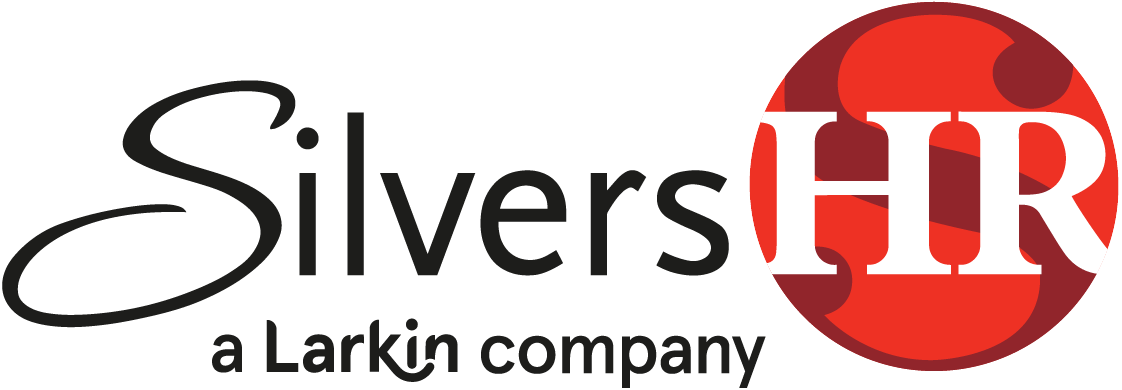Are you considering hiring an intern this summer? Good news! The US Department of Labor (DOL) has issued new factors to determine if an intern may be unpaid and not considered an employee under the Fair Labor Standards Act. This is after several federal courts rejected the old six-part DOL test[1]. In December 2017, the Ninth Circuit Court of Appeals (which applies to CA) joined in rejecting the old six-part test as it determined students at a cosmetology school were the “primary beneficiaries” in their work at the school and were deemed to not be employees. (Benjamin v. B & H Education, Inc.)
Long story short, the DOL’s seven factors to consider when determining if an individual may be an unpaid intern include:
- The extent to which the intern and the employer clearly understand that there is no expectation of compensation. Any promise of compensation, express or implied, suggests that the intern is an employee—and vice versa.
2. The extent to which the internship provides training that would be similar to that which would be given in an educational environment, including the clinical and other hands-on training provided by educational institutions.
3. The extent to which the internship is tied to the intern’s formal education program by integrated coursework or the receipt of academic credit.
4. The extent to which the internship accommodates the intern’s academic commitments by corresponding to the academic calendar.
5. The extent to which the internship’s duration is limited to the period in which the internship provides the intern with beneficial learning.
6. The extent to which the intern’s work complements, rather than displaces, the work of paid employees while providing significant educational benefits to the intern.
7. The extent to which the intern and the employer understand that the internship is conducted without entitlement to a paid job at the end of the internship.
The FLSA exempts certain people who volunteer to perform services for a state or local government agency or who volunteer for humanitarian purposes for non-profit food banks. WHD also recognizes an exception for individuals who volunteer their time, freely and without anticipation of compensation, for religious, charitable, civic, or humanitarian purposes to non-profit organizations. Unpaid internships for public sector and non-profit charitable organizations, where the intern volunteers without expectation of compensation, are generally permissible.
Now, go find a capable candidate in this crazy job market!
[1] Under the DOL’s former six-factor test, an intern is an employee (requiring pay) unless all of the following factors are met: 1. The internship, even though it includes actual operation of the facilities of the employer, is similar to training which would be given in an educational environment; 2. The internship experience is for the benefit of the intern; 3. The intern does not displace regular employees, but works under close supervision of existing staff; 4. The employer that provides the training derives no immediate advantage from the activities of the intern; and on occasion its operations may actually be impeded; 5. The intern is not necessarily entitled to a job at the conclusion of the internship; and 6. The employer and the intern understand that the intern is not entitled to wages for the time spent in the internship.
